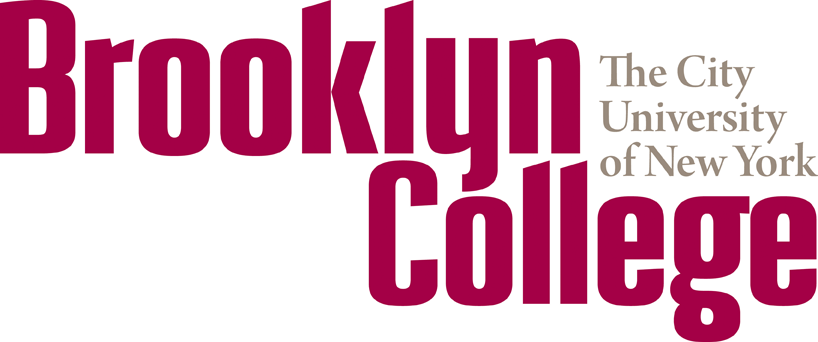
Publications and Research
Document Type
Article
Publication Date
Spring 2001
Abstract
As distance education collaborations between high schools and colleges increase, there is a concern that little has been done to assess the quality and effectiveness of the resulting virtual courses (Carr & Young, 1999). Yet it is equally important to address or consider the many challenges and issues of the collaboration itself. How these issues are addressed will seriously impact the success of any college distance education project in collaboration with other institutions of learning, including K-12 schools, community centers, and private industry. This article is about collaboration issues between high schools and colleges. It focuses on what the developers learned and offers lessons for what must be considered and planned for prior to the initiation of a collaboration project.
The Brooklyn College Learning Café project (http://www.sci.brooklyn.cuny.edu/~lori/TLC/), a collaboration between an urban college and four local high school partners, was developed through a $650,000 grant from the U.S. Department of Commerce, Telecommunications and Information Infrastructure Assistance Program (TIIAP). More than 600 juniors and seniors participated in the Learning Café project. This report first describes Brooklyn College’s impetus for designing the Learning Café project. The next section provides a description of the curriculum and the software developed. Collaboration issues are discussed concentrating on all facets of the Learning Café. Finally, the report offers recommendations for achieving greater success in partnerships between high schools and colleges as well as other collaborations.

Comments
This work was originally published in the Online Journal of Distance Learning Administration, available at http://www.westga.edu/~distance/ojdla/spring41/deutch41.html.